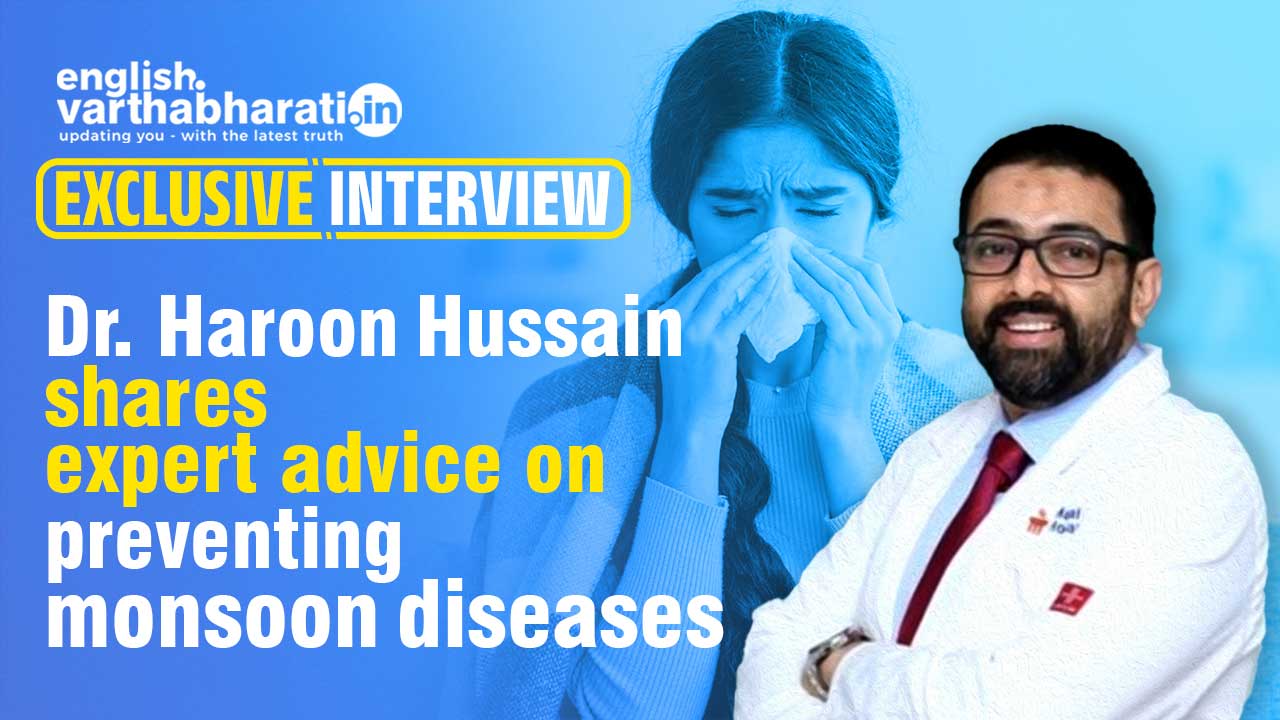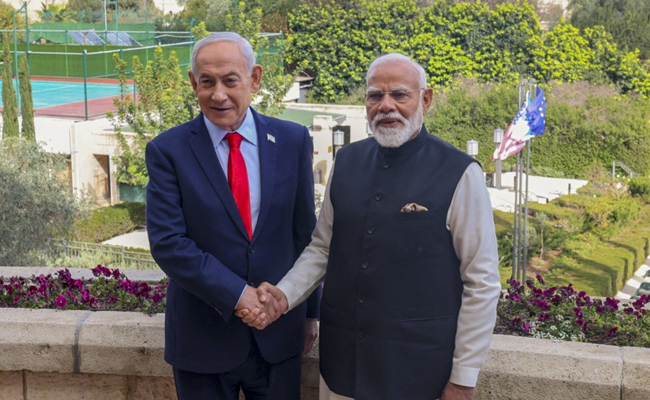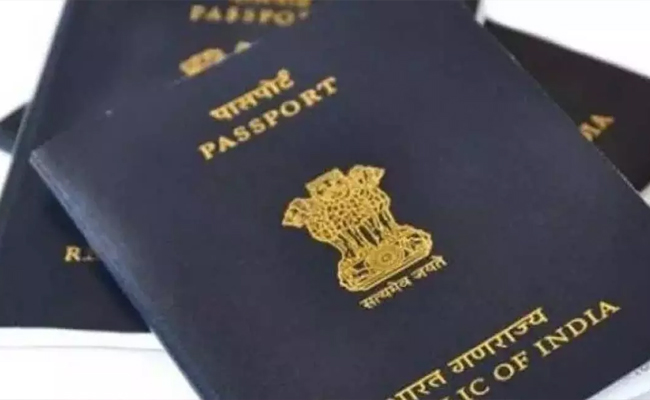The arrival of the monsoon season brings with it a mixed bag of emotions. While the refreshing rains provide relief from the scorching heat, they also usher in a host of health challenges. The increased humidity and waterlogged surroundings create ideal breeding grounds for disease-causing pathogens, leading to a spike in illnesses. In coastal regions like Mangaluru, these challenges are particularly pronounced due to the geographical location and proximity to water bodies.
Amidst this backdrop, Dr. Haroon Hussain, a renowned physician working at KMC Hospital in Mangaluru, provides valuable insights into the prevention and management of monsoon-related diseases. In a interview with Vartha Bharati, Dr. Haroon shared his expertise on the most common diseases that afflict the region during this season, stressing the importance of personal protection, special care for vulnerable populations, and the role of nutrition and hygiene in maintaining good health.
In this comprehensive interview, Dr. Haroon delves into the modes of transmission, key symptoms, and signs of prevalent diseases such as vector-borne infections like malaria, dengue, and chikungunya. He also highlights the risks associated with water contamination, leading to diseases like typhoid fever, stomach flu, and diarrhea. By raising awareness about these diseases, Dr. Haroon aims to empower individuals to identify early warning signs and seek prompt medical attention when necessary.
Excerpts from the interview with Dr. Haroon Hussain (MBBS, MD) on measures to prevent and reduce risks of diseases during monsoon:
Q. The arrival of monsoons aggravates several kinds of diseases. Which are the most common ones that you think people should be aware of, especially in coastal regions like Mangaluru?
Dr. Haroon: In this geographical location, the most frequently observed diseases are vector-borne diseases such as malaria and dengue. Additionally, we also come across chikungunya, which is spread by mosquitoes.
Q. What are the primary modes of transmission for these diseases?
Dr. Haroon: Vector-borne diseases are transmitted through the bite of insects like mosquitoes or fleas. Diseases can also spread due to water contamination, resulting in typhoid fever, stomach flu, and diarrhea.
Q. What are the key symptoms and signs that individuals should be aware of to identify these diseases?
Dr. Haroon: Each disease has its own set of symptoms, but fever is generally a common indication of infection. For instance, flu symptoms typically involve throat pain, difficulty in swallowing, sneezing, coughing, fever, body ache, and joint pain. Malaria and dengue can cause extreme sickness, with symptoms like low platelet count, bleeding, vomiting, and dehydration. Cholera manifests symptoms related to the digestive system, including watery diarrhea and severe dehydration.
Q. Which specific contagious diseases are expected to be of concern in our city during the monsoon season?
Dr. Haroon: Leptospirosis, locally known as "ili jvara" or rat fever, is one of the most common diseases in rain-ravaged areas. People can get infected by coming in contact with the urine of carriers of this disease, which are primarily rodents. Walking barefoot or having cuts and abrasions on the skin can increase the risk of transmission. This disease can be life-threatening, so it's important to wear footwear that prevents water from coming in contact with the feet, as rainwater and sewage water may be contaminated by the carriers of the disease.
Q. As viral fever is generally known to be self-limiting, when should people who are infected seek professional medical help?
Dr. Haroon: It is difficult to determine the infection without a proper diagnosis. It's always better to consult a doctor rather than presuming the illness. Infected individuals should watch out for red flag signs, such as extreme tiredness, changes in consciousness, blood in urine or stools, inability to eat, headache, and vomiting. People with underlying health conditions should not take any fever lightly and should seek immediate medical attention.
Q. How important is vaccination in preventing contagious diseases during the monsoon season? Should influenza vaccines and measles vaccines be taken during monsoon to prevent infection?
Dr. Haroon: Influenza vaccines are highly recommended, and I suggest consulting a medical expert before taking them. Additionally, pneumococcal and typhoid vaccines can also be considered, but not everyone requires them. Only individuals at high risk of severe manifestations of certain diseases should consider them after consulting with their doctor.
Q. What dietary measures will you suggest to boost immunity during monsoon?
Dr. Haroon: The most important ways to boost immunity are by drinking boiled and cooled water, consuming freshly cooked food while avoiding outside food, and washing fruits and vegetables thoroughly before eating. Practicing proper hand hygiene, avoiding crowded places, and following appropriate food handling and preparation practices are also vital in preventing the spread of infections.
Q. As children are most prone to contagious diseases, what extra measures should be considered?
Dr. Haroon: Parents should ensure that their kids carry a proper umbrella and preferably send an extra pair of clothes in case they get wet in the rain. It's better if children wear covered clothing and waterproof footwear. Furthermore, children should be taught proper handwashing techniques, and if they exhibit any symptoms, they should not be sent to school to prevent the spread of infection.
Q. As malaria is endemic in Mangaluru, what are the countermeasures to be taken to keep ourselves safe?
Dr. Haroon: : To prevent mosquito bites, personal protection measures should be followed, including wearing covered clothing. Special care must be given to vulnerable populations such as children and the elderly. It's crucial to eliminate any mosquito breeding sources near your house. Coming together as a community and volunteering to solve the issue or informing the civic authorities can make a significant difference.
End of excerpts
Dr. Haroon Hussain's insights and recommendations on preventive measures during the monsoon season are invaluable for individuals and communities in coastal regions like Mangaluru. As we enter this season, it is crucial to be aware of the common diseases and their modes of transmission. By following Dr. Haroon's advice on personal protection, hygiene practices, and nutrition, we can significantly reduce the risks of infections.
The COVID-19 pandemic has taught us the importance of preparedness, and Dr. Haroon emphasizes this lesson in the context of monsoon-related diseases. His call for community engagement and volunteering to tackle disease outbreaks resonates strongly, underscoring the collective responsibility we have in safeguarding public health.
By being proactive, seeking medical attention when needed, and following vaccination recommendations, we can mitigate the impact of contagious diseases.
In conclusion, Dr. Haroon Hussain's expertise and recommendations serve as a guide for individuals, families, and communities to stay healthy and prevent disease outbreaks during the monsoon season. Let us heed his advice, adopt preventive measures, and work together to make this monsoon a season of good health and well-being for all.
Let the Truth be known. If you read VB and like VB, please be a VB Supporter and Help us deliver the Truth to one and all.
Jerusalem (PTI): India and Israel on Thursday elevated their "time-tested" relationship to a special strategic partnership and agreed to soon firm up a "mutually beneficial" free trade deal even as Prime Minister Narendra Modi strongly backed the Gaza peace initiative, asserting that humanity must never become a victim of conflict.
Following talks between Modi and his Israeli counterpart Benjamin Netanyahu, the two sides inked a plethora of agreements to expand cooperation in areas of trade, agriculture, energy, cyberspace and digital payment.
India and Israel also vowed to expand their already close defence partnership by working towards joint development and joint production of military hardware under the framework of the transfer of technologies.
In his media statement, Modi said India's security interest is linked to peace and stability in the Middle East, adding that New Delhi fully supports the Gaza Peace Initiative.
"India's stance is clear: humanity must never become a victim of conflict. A path to peace has been created through the Gaza Peace Plan. India has fully supported these efforts," he said.
"In the future as well, we will continue dialogue and cooperation with all countries," he said.
PM Modi landed in Israel on Wednesday on a two-day visit. It is his second visit to Israel in nine years.
In his remarks, the prime minister said India and Israel have a united view that there is no place for terrorism in the world and both sides stand shoulder-to-shoulder in countering terrorism and its supporters.
"Our relationship is founded on the strong bedrock of deep trust, shared democratic values, and human sensitivities. Our bond has stood the test of every trial of time," he said.
"Today, we have taken the historic decision to elevate our time-tested partnership to the status of a 'Special Strategic Partnership'," he said.
The prime minister also announced the establishment of an India-Israel critical and emerging technologies partnership to impart a new momentum for cooperation in areas of artificial intelligence, quantum, and critical minerals. "I am pleased that an agreement has been reached for the use of UPI in Israel," he said.
The prime minister, referring to the threat of terrorism, said India and Israel will continue to confront the menace unitedly.
"India and Israel are completely clear that there is no place for terrorism in the world. In any form, in any expression, terrorism cannot be accepted," he said.
"We have stood shoulder-to-shoulder in opposing terrorism and its supporters, and we will continue to do so," he added.
India and Israel also discussed the implementation of the India-Middle East Europe Economic Corridor (IMEC) and cooperation under the framework of I2U2 (India-Israel-UAE-USA).





